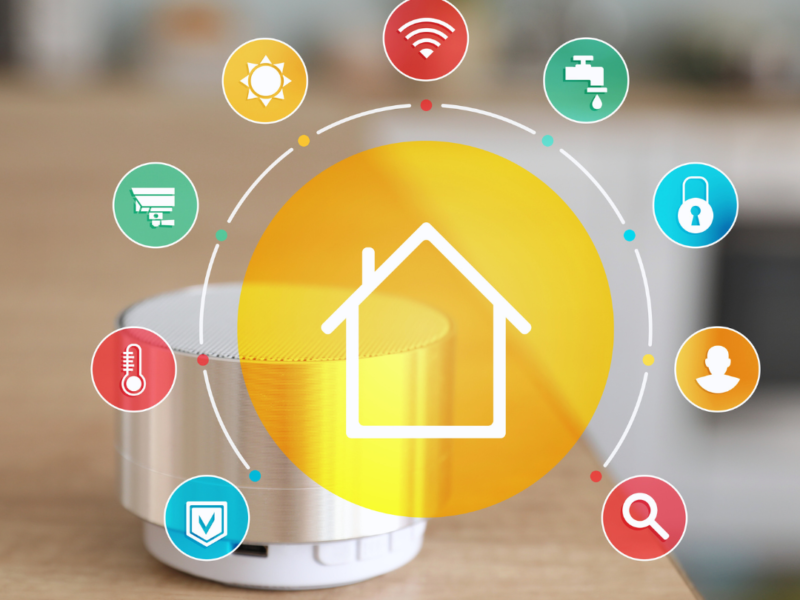Mental health is a topic that is often kept secret and concealed. However, with the help of technology, mental health care is now available to more people than ever before. In this blog post, we will explore how technology is improving access to mental health care and the benefits and drawbacks of using technology in this regard.
In the ever-evolving landscape of healthcare, technology is playing a pivotal role in enhancing accessibility to mental health care. The integration of digital solutions has significantly reduced barriers, enabling individuals to prioritize their mental well-being with greater ease. One notable aspect is the emergence of medical apps, which serve as powerful tools for monitoring both physical and mental health. These applications empower users to seamlessly track their mood patterns, stress levels, and sleep quality, fostering a holistic understanding of their overall well-being.
By harnessing the capabilities of a medical tracking app, individuals can gain valuable insights into the intricate connection between their physical and mental health, paving the way for personalized and proactive approaches to self-care. This technological evolution not only democratizes mental health resources but also underscores the importance of a comprehensive and integrated approach to well-being in our increasingly digital age.
The Need for Improved Access to Mental Health Care
There is a growing need for improved access to mental health care as the number of people with mental illness continues to grow. One in five Americans will experience a mental health disorder at some point. And an even higher percentage of young adults (aged 18-29) will experience a mental illness. While there have been enough advancements in mental health services for seniors, there is still a great need for resources to be allocated for younger generations. Mental health issues can be a lifelong battle and early intervention can be key to helping those affected.
One way that technology is helping to improve access to mental health care is by providing more convenient and affordable ways for people to get treatment. For example, telemedicine has become increasingly popular in providing services like online psychiatry for mental health conditions. Telemedicine allows patients to receive treatment from doctors and other healthcare professionals over the Internet instead of having them come into physical contact with them. This can be especially helpful for people who live far away from traditional medical centers or cannot afford to travel for treatment.
Mobile Mental Health Apps and Self-Help Tools
Many mobile mental health apps and self-help tools help people deal with mental health issues. Some apps offer support for specific mental health conditions.
Mental health apps can benefit people who don’t have easy access to psychiatric care or live in remote areas. They can also be helpful for people who don’t want to talk about their problems in public or who don’t have any other way to get support.
Some of the most prevalent mental health apps include Mental Health America’s free app called “Mental Health First Aid,” which includes resources on how to talk about mental health issues, CBT Nuggets’ “Anxiety & Depression Coach” app, and Headspace’s “Headcase” app.
Other self-help tools that can be helpful when dealing with mental health issues include journaling, cognitive behavioral therapy (CBT), stress relief techniques, mindfulness exercises, and yoga. Find something that works well for us and that we enjoy using.
The Benefits of Technology-Assisted Mental Health Care
Technology has revolutionized the way people access mental health care. This is exemplified by teletherapy San Francisco or similar offerings elsewhere. They can allow individuals to access treatment from virtually anywhere in the world at a more affordable cost than traditional methods.
Patients can message or call their therapists using a variety of digital platforms, such as email, text messages, or social media. This means that patients can get help from their therapist without having to leave their homes or interrupt their work schedule.
This also makes it easier for patients to track their progress. Therapists can keep track of a patient’s progress using online tools such as therapy logs or activity reports. This information helps therapists see how well the patient is coping with treatment and whether they need to make any adjustments.
In addition to being more affordable and convenient, technology-assisted mental health care is also more secure than traditional treatment methods. Patients’ personal information is protected by encryption techniques through the Internet or stored on devices such as laptops or smartphones. This guarantees that the data will be safe from unauthorized access by other users or third parties.
Challenges and Limitations in Adopting Technology for Mental Health Care
One of the most significant challenges in providing mental health care is that many people who need it do not have access. That’s because mental health care is often expensive and unavailable in all areas.
One way that technology is helping to overcome some of these limitations is by making it easier for people to find and access mental health services. For example, online resources can help people learn about their mental health condition and find information about available services. Additionally, mobile apps can provide users with information about local mental health services and resources.
Despite the benefits of technology, there are still some limitations to its use in mental health care. One issue is that technology does not always provide accurate information about mental health conditions. Additionally, some people may find it difficult to use technology effectively when seeking treatment for a mental health condition.
Teletherapy and Online Counselling Services
Teletherapy is a therapy that uses technology, such as audio or video chats, to provide mental health care. Online counseling services use the Internet to provide care to people who cannot travel to see a therapist. These services allow people from all over the world to seek help from qualified professionals. Online counseling services can be accessed through computer software or websites. They are often free or low-cost and offer a range of features, such as self-help materials and chat rooms.
There are many benefits to using online counseling services. They are convenient and affordable and can be accessed from anywhere worldwide. Online counseling services can help people struggling with mental health problems connect with qualified professionals. They can also provide support and advice to people who manage their mental health independently.
Technology Improves Access to Mental Health Care
Mental health is a topic that can be extremely difficult to talk about and even harder to get help for. But with the advances in technology, more people can seek mental health care without leaving their homes or going through long waits. This accessibility has been incredibly beneficial for people who feel uncomfortable talking about their problems in person. Now, they can get the support they need from an online community.



